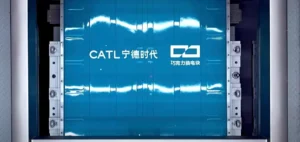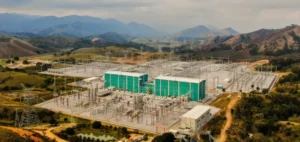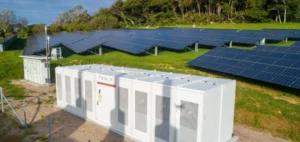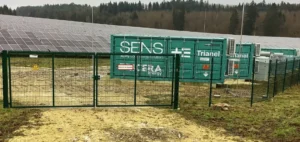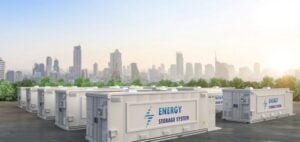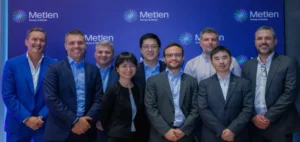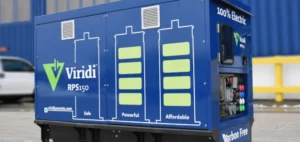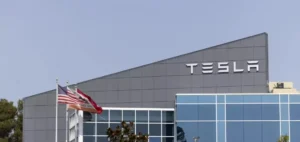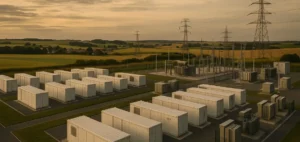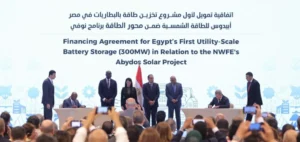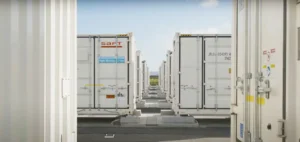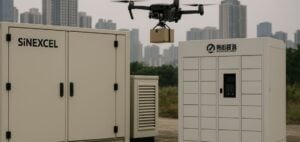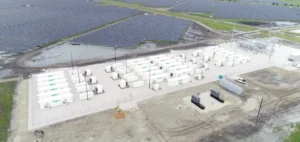Sineng Electric, a leader in energy conversion systems, has been selected to provide its expertise to the world’s largest sodium-ion battery energy storage project.
Located in Hubei province, this project, with a final capacity of 100MW/200MWh, illustrates a significant breakthrough in the use of sodium-ion batteries, offering a viable alternative to traditional lithium-ion solutions.
The first phase, of 50MW/100MWh, is already connected to the grid, showcasing cutting-edge technology that meets industry requirements.
Sodium-ion batteries stand out for their abundance of resources, low-temperature performance and enhanced safety.
The Hubei project uses 42 energy storage containers, each equipped with 185Ah batteries, supported by 21 energy conversion units supplied by Sineng.
These units, designed to operate over a wide voltage range, maximize the efficiency of the storage systems through precise and reliable energy management.
Market impact and future prospects
The large-scale adoption of sodium-ion batteries in this project reflects a strategic desire to diversify storage technologies in China, reducing dependence on the critical materials used in lithium-ion batteries.
This initiative, led by Datang Hubei Energy Development, is a response to the challenges posed by growing demand for energy storage, and is part of a drive to continuously improve the safety and reliability of energy infrastructures.
The Hubei project is not limited to its technical performance.
It plays a crucial role in network load balancing, providing a robust solution for managing peaks in demand.
At the same time, the integration of Sineng technology, with IP66 protection, ensures durability in the face of rigorous environmental conditions, guaranteeing continuous and stable system operation.
The development of this infrastructure marks a breakthrough in the energy storage sector, and could serve as a model for future deployments worldwide.
Thanks to its advantages in terms of safety and resource availability, sodium-ion technology is likely to be increasingly adopted, offering solutions tailored to the stability and performance requirements of today’s energy markets.


